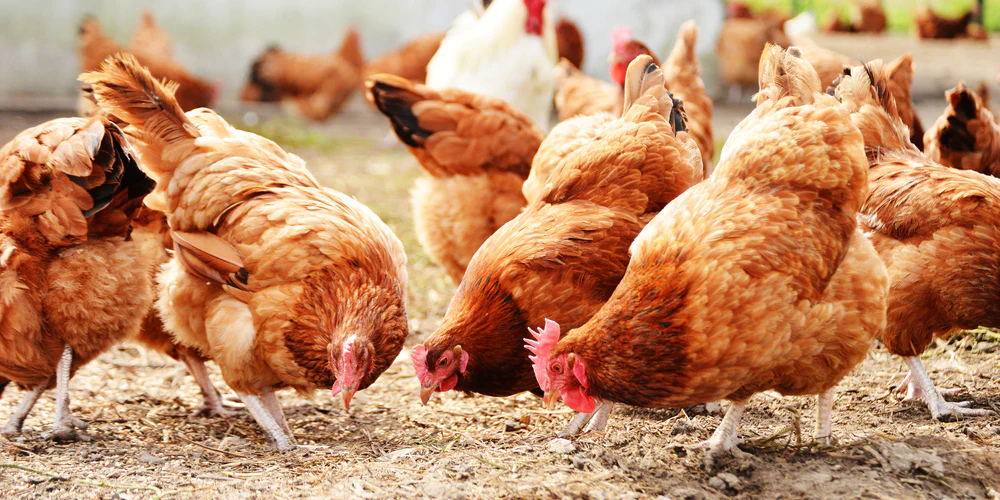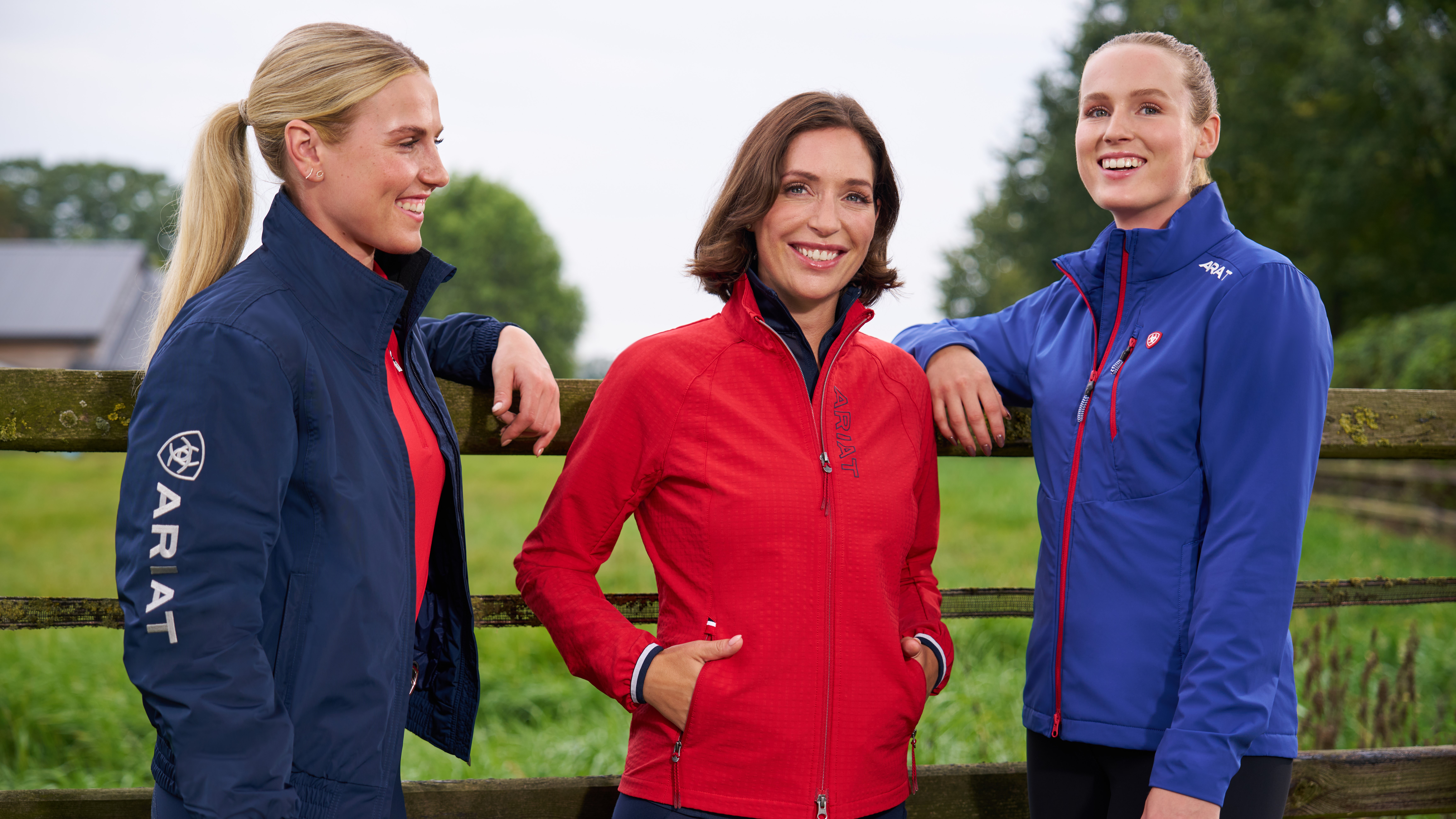….to get to R & R Country for some pecking good poultry products of course!
Keeping chickens is an increasingly popular pastime. They are a reliable source of fresh eggs for both you and your ‘eggs for sale’ stand at the end of the driveway and well-kept chickens can make lovely pets and a great addition to the family!
How to Choose Chickens
Chickens are fairly cheep (sigh…) to buy and manage, but you need to take into consideration the time, resources and commitment required. You need to know where you’re going to keep them and how to protect them from predators and the elements. A well-made coop and secure fencing are must-haves. Not only will this keep your chickens safe, it’ll prevent them from damaging the rest of the garden or escaping entirely onto other people’s property.
The most docile chickens tend to be the heavier breeds or brown egg layers. Rhode Island Reds, Orpingtons, Barred Rocks and New Hampshires are all excellent layers.
The best laying breeds are:
- Warrens (250 – 300 eggs per year)
- Rhode Island Reds (200 eggs per year)
- Black Rocks (250 eggs per year)
- Marans (200 eggs per year)
- Blue Belles (200 eggs per year)
- Orpingtons (200 eggs per year)
If your children want cuddly chickens, then Silkies are your best bet, although they aren’t the greatest of layers. That said, any breed of chicken will need gentle handling and time to adjust to being handled, especially if you take on older birds which are unused to being held. Offering your chickens treats whilst handling them helps to calm and tame them. Hand-feeding bread, mixed corn or meal worms builds trust and encourages your chickens to follow you!
Caring for Chickens
Always ensure your chickens have access to clean, fresh water. Drinkers should be cleaned regularly and should be safe enough to prevent young chickens climbing in and drowning.

Ensure you feed the right food for the age and breed of your chickens and that they receive a balanced diet with the correct vitamins and minerals needed to lay eggs with good, hard shells. Chickens need grit and oyster shell to aid digestion and provide extra calcium. Layers pellets or mash are correctly balanced nutritionally for laying birds. Ensure you keep chicken feeders clean.
Chickens need to be housed in a warm, dry coop, with good ventilation. The coop flooring needs to be covered with a dry but loose material, such as wood shavings, to allow for foraging and dust-bathing. This is particularly important during periods of wet weather.
Your chickens will also need perches in their coop with enough space so they can all comfortably roost together. Perches should be 3-5cm wide with rounded edges and the height should suit the size of the birds. Access to sufficient outside space for them to exercise and stretch their wings is essential. As a rough guide, around 12 sq m should be enough outside space for 30 birds. The doorway to the coop needs to be big enough for the chickens to go in and out without having to crouch down. More than one doorway helps to avoid bullying whilst encouraging use of the outside space.
It’s a good idea to provide some overhead cover for your chickens in their outside space. Some small trees, or purpose-built shelters will help protect them from inclement weather or strong sunlight. Always makes sure there is a dusty area where your chickens can take a dust-bath.
The outside space needs to be large enough so that you can section it off should muddy or bare patches develop, to give the ground chance to recover. This also helps minimise the risk of disease. Try and keep grass short as long blades of grass can become stuck in a bird’s digestive system.
Egg-laying hens need quiet, enclosed nesting boxes. These need to be draught-free and lined with warm, dry and comfortable bedding, like straw or wood shavings.
How Many Chickens Should I Keep?
Ideally you should start with at least 3 females that get along together. Males should not be kept together unless they have grown up together and are tolerant of each other.
Take care when introducing new chickens to your flock and avoid mixing chickens of different sizes to avoid bullying.
Chicken Health & Well-being
Healthy chickens should have bright eyes and be alert and interested in their surroundings. Signs of poor health include:
- Hunched posture
- Erect feathers
- Head under wing
- Reluctance to move/lethargy
- Hiding in corners/reluctance to mix with others
Keep an eye out for any feather-pecking. Chickens pecking at one another can lead to injury and in extreme cases, cannibalism!
Chickens need regular worming, particularly if you keep them in the same area for more than a month.
Check your chickens regularly for lice and red mites. Lice can be found all over a chicken’s body around the shafts of the feathers. Red mites are smaller than lice. They are usually under the wings and in the nooks and crannies of the chicken coupe.
Always contact a vet if you are concerned about the health or welfare of your chickens. Don’t leave anything to chance or presume their condition will improve if they seem unwell.





